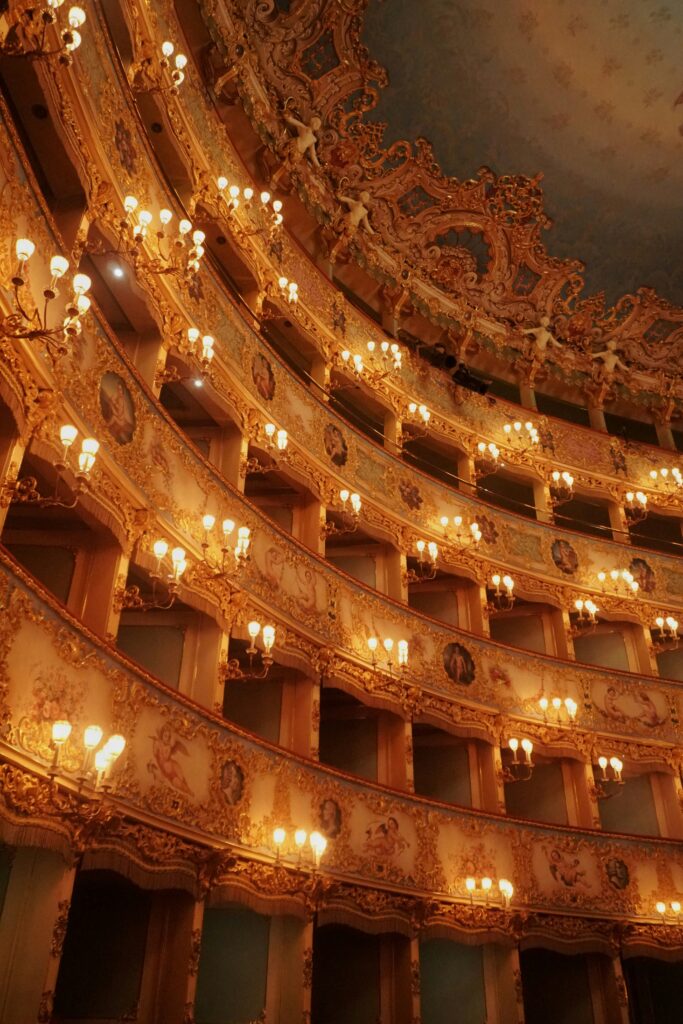International Theater Day was established on March 27th, 1961 by the UNESCO International Theatre Institute (ITI). On this day, various national and international theatre events take place, including a circulation of the World Theatre Day International Message. At the invitation of the ITI, a notable figure will share their reflections on ‘the theme of Theatre and a Culture of Peace’, which is then translated into more than 20 languages.
This year’s author of the message is Jon Fosse, a Norwegian writer and playwright, who you can read about here. Of his works, we have his Septology in our catalogue, ready for you to borrow and delve into.
My theater experience is limited to a production of Anastasia at the Elgin and Winter Garden Theatre a few years back (it was delightful and magical!) and constantly foiled attempts to see Matilda the Musical (the tickets sold out so fast).
Every year I tell myself I’ll manage to go to the Stratford festival and see a play…and every year I never do, due to various reasons. But maybe 2024 will be my year; I very much hope to watch Twelfth Night, Romeo and Juliet and/or Wendy and Peter Pan!
Continue reading

